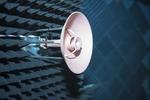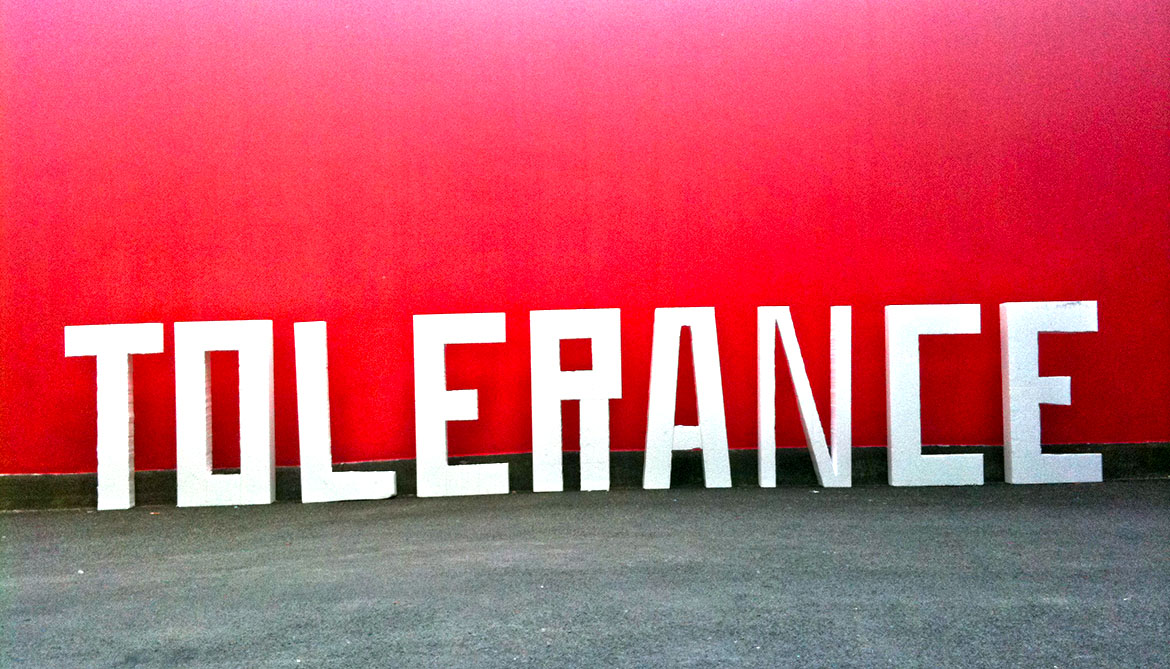
Alien rays from outer space, which pass through our bodies every second of every day, have been traced to their source – a super-massive black hole that lies at the heart of our home galaxy, the Milky Way, German and Australian scientists have discovered.

In a world that's hungry for energy but increasingly wary of the damage that generating power can do, solar might just be the answer: clean energy that's cheap and virtually endless.

Scientists have succeeded in generating a new type of embryonic stem cell that carries a single copy of the human genome, instead of the two copies typically found in normal stem cells. These are the first human cells that are known to be capable of cell division with just one copy of the parent cell

A kitchen that feeds 100,000 people daily, 24 hours a day and 7 days a week for free, is ready to raise the bar even further and set a benchmark for others to follow. Golden Temple – one of the world’s largest community kitchens, will soon be serving organic food.

Are robots coming for your job? It's not an unreasonable question. Just last week, President Barack Obama warned congress that robots are going to begin taking over jobs that pay less than $20 an hour, placing 62% of American jobs at risk.

The European Space Agency and SWISSto12 have developed a prototype dual reflector antenna that was 3D printed in a single piece.

Recent results from the Large Hadron Collider (LHC) in Switzerland hint at activity going on beyond the standard model of particle physics - which means we could finally be about to enter a new era in physics.

Actiongram lets you create augmented reality tales without a lick of visual effects experience.

During SXSW this year, people gathered to hear about a mysterious giant tube that will move people from place to place in the future.
Nissan reveals an exciting glimpse into the future – with the first look at its fully connected vision of the future of mobility in association with renowned architects, Foster + Partners.

A new class of miniature biological robots, or bio-bots, has seen the light -- and is following where the light shines. The bio-bots are powered by muscle cells that have been genetically engineered to respond to light, giving researchers control over the bots

One in four deaths worldwide are due to environmental factors like air, water and soil pollution, as well as unsafe roads and workplace stress, the World Health Organization (WHO) said Tuesday.

Biology lessons teach us that the brain is divided into separate areas, each of which processes a specific sense. But findings to be published in eLife show we can supercharge it to be more flexible.

Prophet Muhammad believed that freedom of religion and civic rights were important components of a “Muslim nation,” according to an analysis of the prophet’s covenants with Christians.
Europe and Russia have launched a joint mission to the Red Planet. The probe will investigate whether the methane in the world's atmosphere is coming from a geological source or is being produced by microbes.